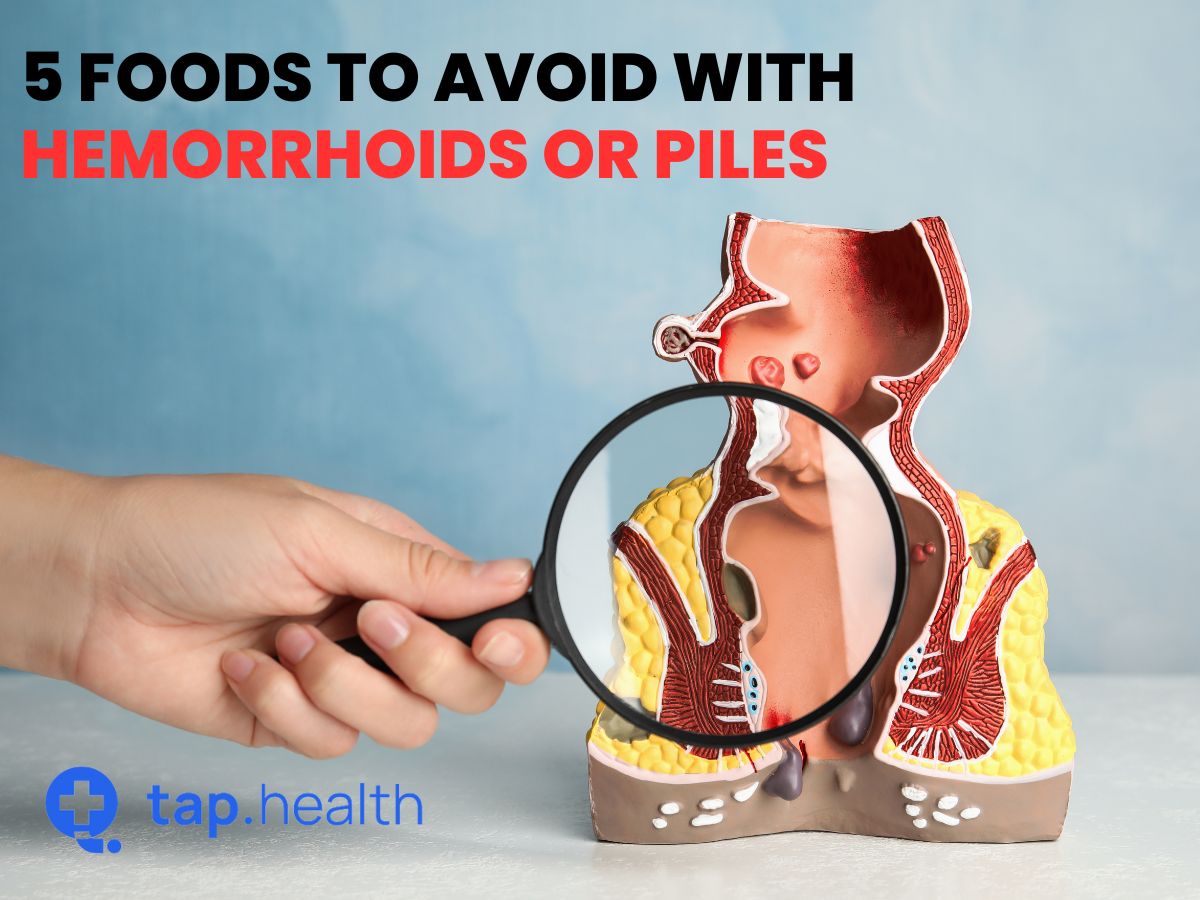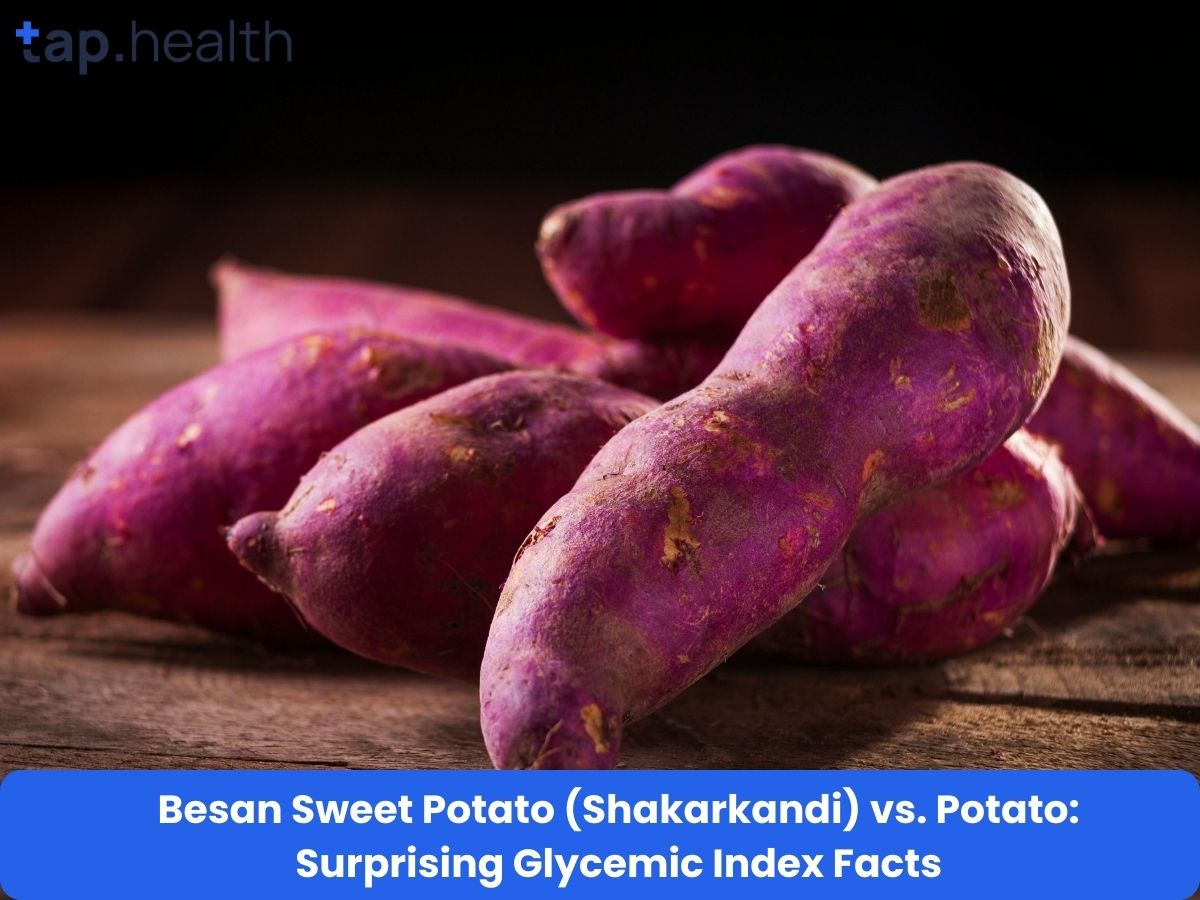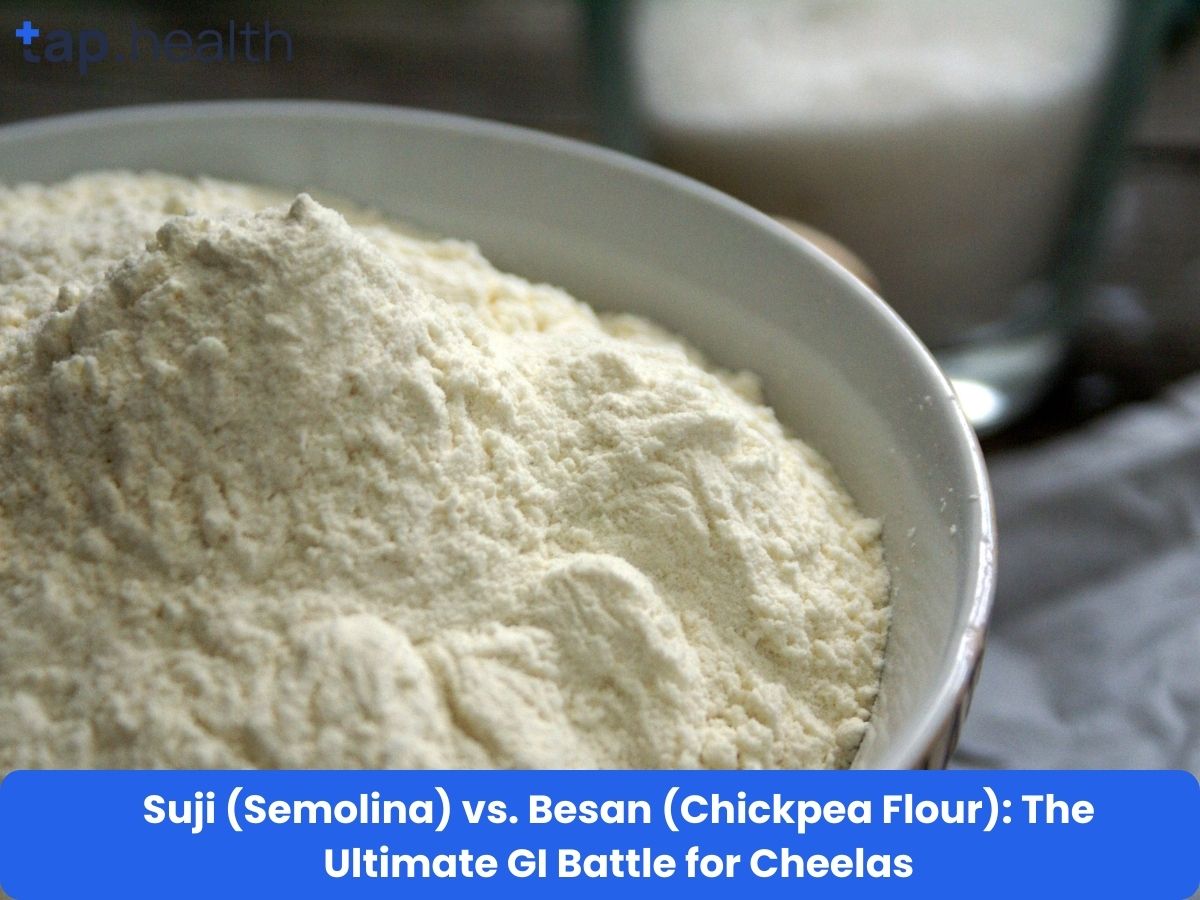Hemorrhoids can be a real pain, literally. These swollen veins in the lower rectum and anus can cause discomfort, itching, and even bleeding. While various treatments are available, one crucial aspect of managing hemorrhoids is your diet. Certain foods can exacerbate the condition, making it essential to know what to avoid. In this blog post, we’ll discuss the foods you should avoid if you have hemorrhoids and provide some dietary tips to help manage this condition.
What Causes Hemorrhoids?
Hemorrhoids are caused by increased pressure in the lower rectum, which can be due to several factors:
- Straining during bowel movements: This is often a result of chronic constipation or diarrhea.
- Sitting for long periods: Especially on the toilet, which can increase pressure on the rectal veins.
- Pregnancy: The weight of the fetus puts extra pressure on the rectal area.
- Obesity: Excess weight can contribute to hemorrhoid development.
- Low-fiber diet: A diet lacking in fiber can lead to constipation, causing straining during bowel movements.
By understanding these causes, it becomes easier to see how dietary choices play a significant role in the development and management of hemorrhoids.
5 Foods to Avoid with Hemorrhoids
When managing hemorrhoids, your diet plays a crucial role. Certain foods can exacerbate symptoms, leading to increased discomfort and inflammation. By avoiding these foods, you can help reduce the severity of your symptoms and promote healing. Below, we outline five foods to avoid with hemorrhoids.
1. Processed Foods
Processed foods, including fast food, frozen meals, and snacks like chips and cookies, are typically low in fiber and high in salt. A low-fiber diet can lead to constipation, making hemorrhoids worse. Additionally, high salt content can cause your body to retain water, increasing pressure on the blood vessels, including those in the rectum.
2. Dairy Products
Dairy products such as cheese, milk, and ice cream can contribute to constipation in some people. This is because they lack fiber and can be hard to digest, especially for those who are lactose intolerant. Constipation often leads to straining during bowel movements, which can aggravate hemorrhoids.
3. Red Meat
Red meat, including beef, pork, and lamb, is another food group that can worsen hemorrhoids. Red meat is tough to digest and often low in fiber, contributing to constipation. Furthermore, it stays in the digestive system longer, increasing the risk of straining during bowel movements.
4. Spicy Foods
Spicy foods can irritate the digestive tract and exacerbate hemorrhoid symptoms. Capsaicin, the active component in chili peppers, can worsen inflammation and discomfort. If you have hemorrhoids, it’s best to avoid hot sauces, spicy peppers, and other spicy dishes.
5. Caffeinated Beverages and Alcohol
Caffeine and alcohol can dehydrate the body, leading to harder stools and constipation. Coffee, tea, soda, and alcoholic drinks should be consumed in moderation or avoided to help maintain softer stools and reduce the risk of hemorrhoid flare-ups.
Also Read: Hemorrhoids High Fiber Diet: Foods to Eat and Avoid in Piles
Best Foods for People with Hemorrhoids
While it’s crucial to avoid certain foods, incorporating the right ones into your diet can help manage hemorrhoid symptoms effectively. Here are some beneficial foods for hemorrhoids:
High-Fiber Foods:
Whole grains, fruits (like apples, pears, and berries), vegetables (such as broccoli, carrots, and spinach), and legumes (beans, lentils, and chickpeas) are excellent sources of fiber.
Water
Staying hydrated is key to preventing constipation. Aim to drink at least 8 glasses of water a day.
Probiotic Foods
Yogurt, kefir, sauerkraut, and other fermented foods can promote healthy digestion and prevent constipation.
Healthy Fats
Foods like avocados, nuts, seeds, and olive oil can help lubricate the digestive system and ease bowel movements.
When to Seek Medical Help?
While dietary changes can significantly help manage hemorrhoids, there are times when medical intervention is necessary. You should seek medical help if you experience:
- Severe pain or discomfort
- Significant bleeding
- Hemorrhoids that do not improve with home treatment
- A noticeable lump or swelling that doesn’t go away
- Symptoms of anemia, such as weakness or fatigue, which may indicate chronic blood loss
A healthcare provider can offer treatments such as medications, minimally invasive procedures, or surgery in severe cases.
FAQs on 5 Foods to Avoid with Hemorrhoids
1: Can I eat spicy foods if I have mild hemorrhoids?
It’s best to avoid spicy foods even if your hemorrhoids are mild, as they can still irritate the digestive tract and worsen symptoms.
2: How does caffeine affect hemorrhoids?
Caffeine can dehydrate your body, leading to harder stools and constipation, which can aggravate hemorrhoids.
3: Are there any fruits I should avoid?
While most fruits are beneficial due to their high fiber content, citrus fruits can sometimes cause digestive irritation. Monitor how your body reacts to different fruits.
4: Can drinking water help with hemorrhoids?
Yes, staying hydrated helps prevent constipation by softening stools, making bowel movements easier and less straining on hemorrhoids.
5: What are some high-fiber snacks I can eat?
Good high-fiber snacks include fruits like apples and berries, vegetables like carrot sticks, and whole-grain crackers.
In conclusion, managing hemorrhoids involves avoiding certain foods and incorporating others that promote healthy digestion. By making these dietary adjustments and knowing when to seek medical help, you can effectively manage and alleviate the discomfort associated with hemorrhoids.
Reference
- Dietary Fiber: Essential for a Healthy Diet (Mayo Clinic)
- Nutrition and Hemorrhoids (National Center for Biotechnology Information)



